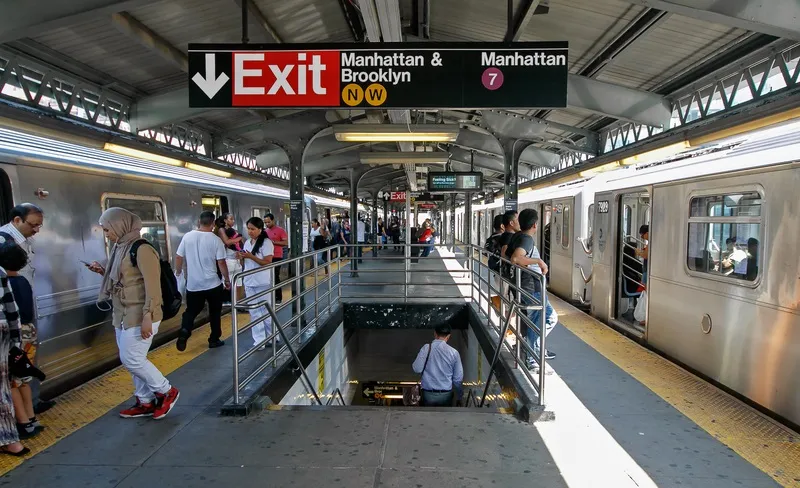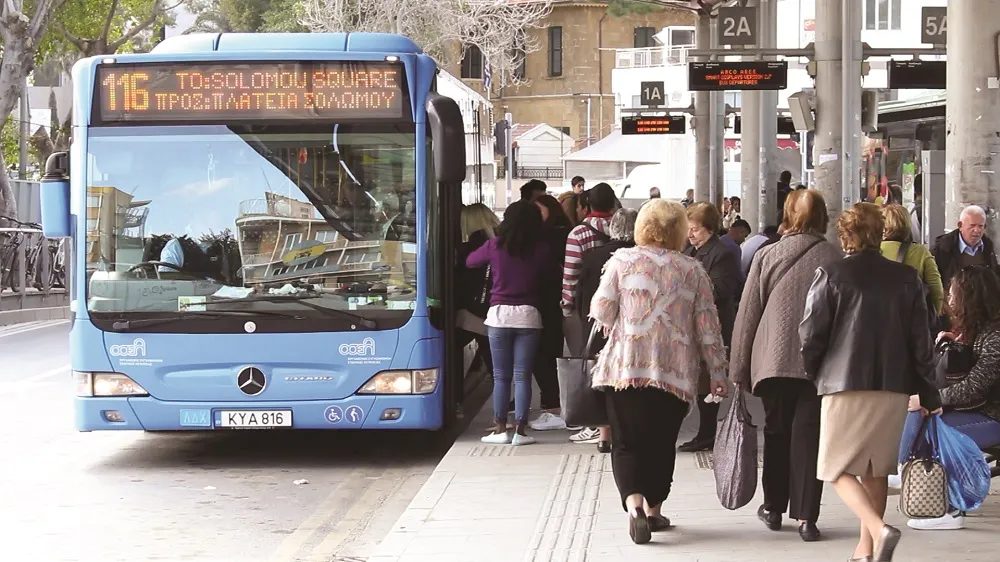
Contactless payment is now available at more than half New York’s subway stations – and will be complete at all stations and buses operated by the Metropolitan Transportation Authority (MTA) by the end of 2020, the agency says.
Roll-out of the OMNY fare payment system was stopped for six weeks after the pandemic lockdown brought all non-essential work at stations to a halt, but is now up and running again.
There are currently 2,480 OMNY readers on the system, and all-door bus boarding will also be available by the end of December. All Manhattan SBS buses are being activated with OMNY next month.
OMNY readers accept contactless bank cards as well as digital wallets such as Apple Pay and Google Pay.
Following the completion of OMNY installation at all subway turnstiles and on buses, the MTA says it will introduce “all remaining fare options, including unlimited ride passes, reduced fares, student fares, and more”.
Next year, the MTA will begin to install new vending machines and says that the current MetroCard will only be discontinued when OMNY is available everywhere.
That is expected to be in 2023 – but MTA insists: “Purchasing your fare with cash will always be an option.”









